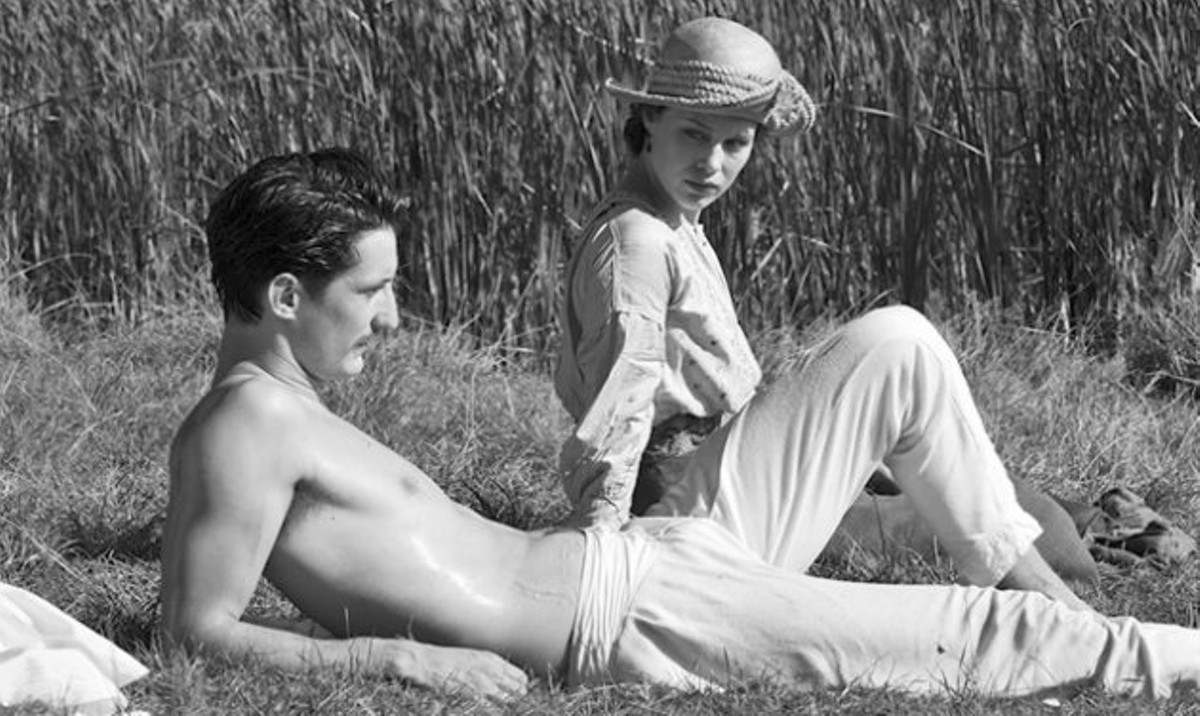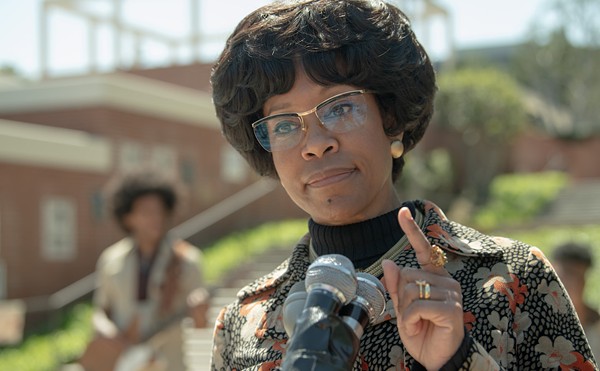François Ozon's new film Frantz begins in Germany just after the end of World War I, at a time when the wounds of battle have yet to heal and the countries that wrapped themselves in the heat of war have yet to cool down. They're no longer fighting, but they still feel the need for enemies.
While a rising sense of nationalism fuels hatred, young Anna (Paula Beer, in an exceptional, star-making performance) wants simply to mourn the loss of her fiance Frantz, who was killed in battle. Living with Frantz's distraught parents the Hoffmeisters, she finds her grief interrupted by the appearance of a stranger, a young Frenchman whom she spots placing flowers on her fiance's grave. Adrien (Pierre Niney) presents himself to Anna and the Hoffmeisters as a friend of Frantz from his Parisian school days. His recollections of their friendship before the war gradually win them over and he is welcomed as a surrogate son (and potential mate), even as his presence is viewed suspiciously by much of the town.
There is, of course, much more at play in the film than that simple beginning, the stuff of dozens of wartime dramas, would suggest. Based on The Man I Killed, a 1930 play by Maurice Rostand (also filmed by Ernst Lubitsch in 1932 as Broken Lullaby), Frantz begins as an intimate portrait of a family in grief and slowly moves into tentative romantic territory, possibly inspired by Truffaut's great film of wartime romance, Jules and Jim. Yet even to call it a romance is misleading. It's an intricate puzzle of a film, a reluctant love story at best, one based on shared illusions and misunderstandings.
There's a pun buried in the title, a blurring of barriers between the dead son and the foreign country he loved. It's one of many dualities in a film filled with mirrored events and perceptions, twinned worlds of grief, resentment and nationalism. Ozon shows two sides of nationalism, two families recovering from the war, two love stories, even two competing realities as memories and recollections of Frantz are embellished and embroidered.
Although mostly shot in vivid black and white, the film slips into color at several significant moments, but this is more than a touch of symbolism à la Schindler's List. It's a subtle effect, like a radio signal suddenly gaining strength, indicating moments when the characters recall their time with Frantz or slip into a moment of happiness in the midst of their mourning.
Frantz leads with a reassuringly simple melodramatic quality, one that proves a little misleading. Ozon takes the comforting roots of melodrama and tosses them in the air, setting an appropriate tone for a film that deals with stubborn ideals and fading illusions. Ozon takes what appears to be a story filled with familiar, sentimental views of the bitterly divided Europe of a century ago and turns it into a strange and complicated tale about guilt and love and moral obligations.






